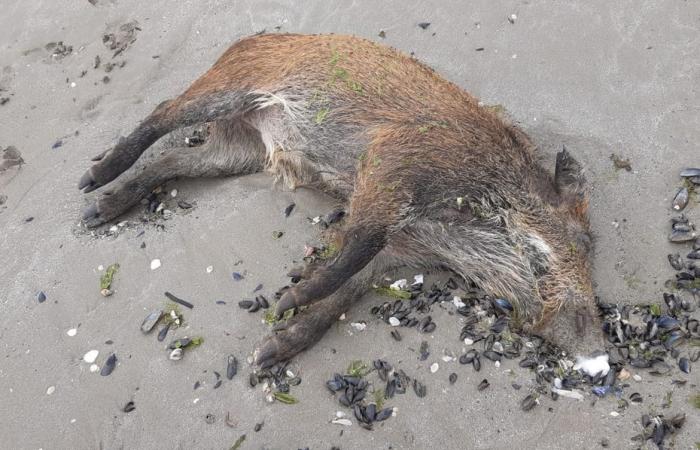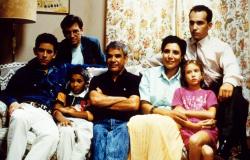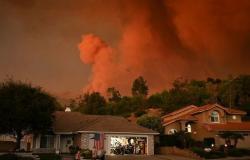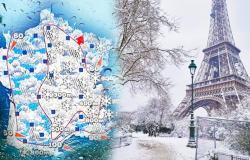
This Wednesday, October 30, four wild boars were found dead on Grandville beach in Hillion in the bay of Saint-Brieuc. On September 2, a wild boar had already been discovered dead in the same area. Strongly suspecting a death caused by hydrogen sulphide released by rotting green algae, environmental associations wrote to the prefect to obtain the results of the autopsies.
The essentials of the day: our exclusive selection
Every day, our editorial team reserves the best regional news for you. A selection just for you, to stay in touch with your regions.
France Télévisions uses your email address to send you the newsletter “The essentials of the day: our exclusive selection”. You can unsubscribe at any time via the link at the bottom of this newsletter. Our privacy policy
“…Everything suggests that the animals present in this area, whether on September 2 or October 30, were fatally poisoned, as was already the case in 2011 with 36 of them.”
For the association “Sauvegarde du Trégor Goëlo Penthièvre” and the “Defense of victims of green tides”, there is little doubt that the death of four wild boars found on the Grandville beach in Hillion on October 30, as well as the death of a wild boar discovered a few kilometers away on Saint-Maurice beach in Morieux, were caused by rotting algae.
And they let the prefect of Côtes-d’Armor know, writing to him: “We noticed it again on September 3. Everywhere the mud and sand are transformed into black putrid mud loaded with this gas violent toxic substance that is hydrogen sulphide” because “from the putrefaction of green algae stranded massively throughout the Morieux cove and the Gouessant estuary”.
On the morning of October 30, a rider raised the alarm after discovering three bodies of wild boars on Grandville beach. A fourth was found a little further away. The bodies were removed by the gendarmes and agents of the French Office for Biodiversity and analyzes were carried out to find out the origin of the death, at the Labocea laboratory in Ploufragan. The animals did not present “clues to determine the causes of death” said the public prosecutor of Saint-Brieuc.
The wild boar found dead in Morieux was also the subject of an autopsy. And it is precisely these autopsy results that the associations are demanding. For them, “the publication of these various autopsies is all the more important as it does not only concern the state of collapse of biodiversity. It will reveal the level of seriousness of the risks incurred for local residents and users ( e)s of the coastline”.
READ THIS ARTICLE FROM JULY 2019: Green algae suspected of being the cause of several deaths in recent years in Brittany
Environmental associations are therefore calling for the publication of the autopsy results, for the sake of transparency: “Mr. Prefect, you cannot leave the public, nor even minimize the effects of these massive strandings and algae rot.
The duty of transparency of information in your public administration obliges you” and add ” Your responsibility in this situation does not exempt you from the duty of transparency.” recalling that the Courts in 2007, 2009 and 2023 “have made the governments that you represent responsible for this algal proliferation caused by a policy of extending above-ground farming.”
The associations also warn the prefect of a new citizen mobilization “in front of the gates of the prefecture”.





